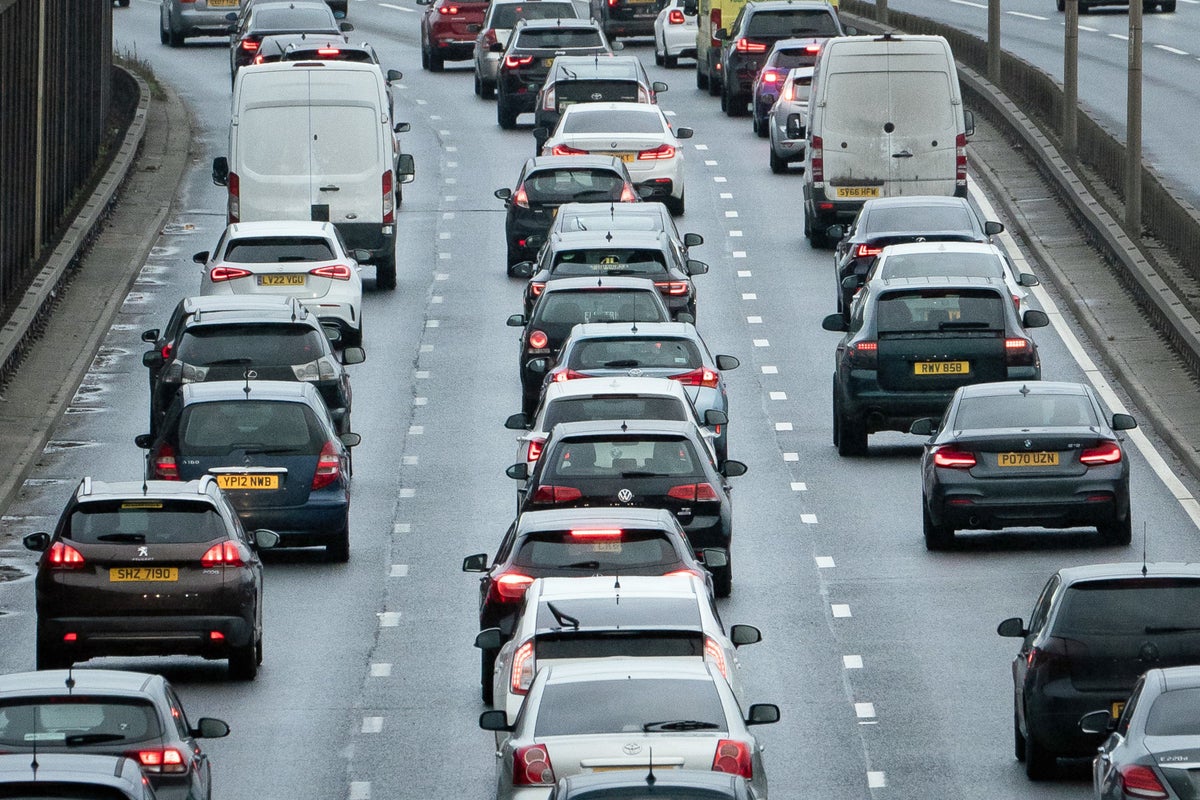
The Government must do more to tackle noise and light pollution, as poorly regulated levels are affecting the health and quality of life of the UK population, the House of Lords has said.
A report published by the Science and Technology Committee has examined the impact of noise and artificial light on human health.
It said light and noise pollution are “currently neglected pollutants” that are “causing significant health impacts”.
The report cites a 2018 study by the World Health Organisation (WHO) and European Environment Agency, which estimated more than 100 million on the continent were exposed to harmful levels of noise pollution.
Throughout our inquiry we’ve heard of the growing global evidence base for the significant negative impacts of environmental light and noise pollution on our health— Baroness Brown
It claimed this led to 48,000 new cases of heart disease and 12,000 premature deaths in Europe each year and estimated 6.5 million people suffer from chronic high sleep disturbance.
Also in 2018, the UK Health Security Agency (UKHSA) suggested 130,000 “healthy life years” were lost in England due to noise pollution, and that 40% of the population was exposed to harmful levels of noise pollution from road traffic.
The House of Lords report said “the mechanisms behind these health impacts remain a subject of research” but noise can impact health due to “annoyance, sleep disturbance, fight or flight reaction, and non-specific stressor”.
Artificial light can impact health by disturbing sleep and circadian rhythms, the report added, with sleep disruption also having an economic impact.
Baroness Brown, chairwoman of the House of Lords Science and Technology Committee, said: “Throughout our inquiry we’ve heard of the growing global evidence base for the significant negative impacts of environmental light and noise pollution on our health.
“Not only can they cause annoyance, impacting quality of life, but through the disruption of sleep and circadian rhythms, both noise and light pollution can contribute to heart disease and premature death.
“Whilst the increased risk to an individual may be low, the exposure of millions of people results in a significant aggregate health burden.”
The House of Lords has made a number of recommendations to the Government, including a call for more research into light and noise pollution.
The report said the Department for Environment Food and Rural Affairs (Defra) should work alongside the UKHSA to assess the harm they are causing, as well as looking at whether alternative metrics should be used to better understand outcomes.
Defra should also establish a methodology for tracking and reporting on light pollution, which is not currently done, before the next five-year environmental improvement plan cycle in 2028.
The report also said a scientific noise expert advisory group should be set up, as there is a similar body in place for air pollution.
We are concerned that there are no specific targets for regulating light and noise pollution, and a lack of coordination between departments, and between central and local Government, which is preventing the Government from tackling these problems— Baroness Brown
In terms of policy, the report recognised the Government’s need to regulate noise and light pollution, as outlined in the 25-year environment plan in 2018. However, it said there are “no specific targets”.
It added there is “little co-ordination between departmental policies” when it comes to noise and light pollution and it is “unclear how, and how consistently, national policies are implemented at local authority level”.
The report said: “The committee remains unconvinced that co-ordination on these issues is effective. The Government should collect data to determine whether planning authorities are acting on noise and light pollution, and help them to share best practice.
“Local authorities should be sufficiently resourced and incentivised, both in funding and access to information and expertise, to ensure they can properly regulate light and noise pollution.”
A Government spokesperson said Defra has convened a group to review the latest evidence on the health impacts of noise, including linking exposure to transport noise with health effects, particularly diabetes and stroke.
“As the committee notes, further research is required to better understand the impacts of noise and artificial light on the environment and public health,” the spokesperson said.
“We will continue to actively engage with emerging research in this field and our new national noise modelling system, which was welcomed by the committee, will significantly advance the evidence base.”







